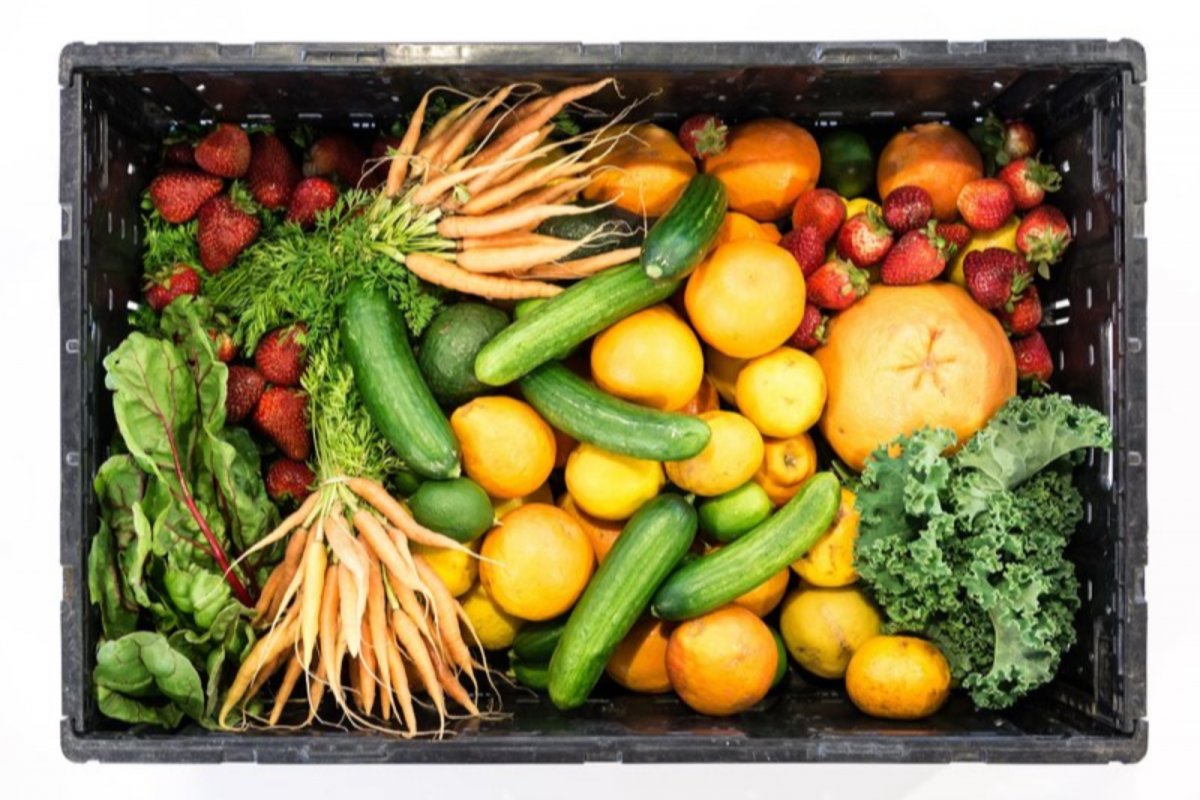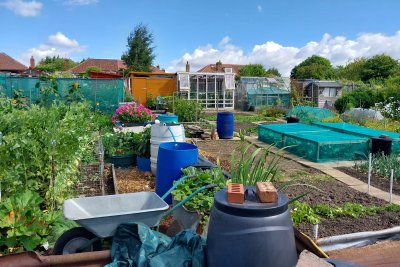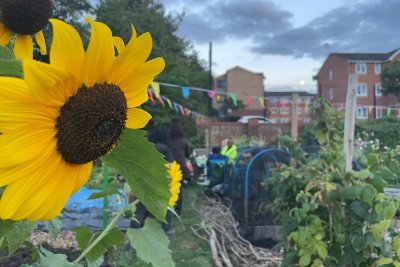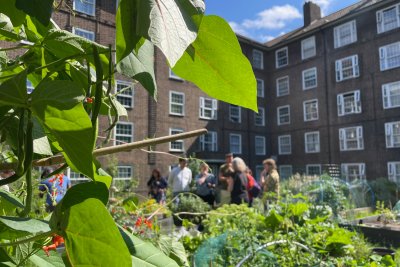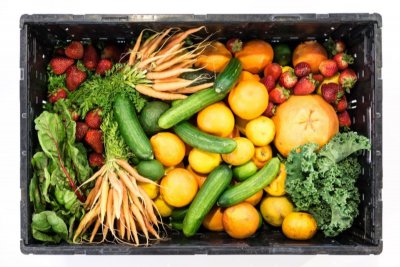 Fruit and veg box. Credit: Pixaba
Fruit and veg box. Credit: Pixaba
Join our Good Food Local mailing list
The Cost of Living Plan for Plymouth published by Plymouth City Council in August 2023, ensures a joined-up approach across multiple policy areas including food. Short-term priorities on food include:
- Encouraging local food businesses and charities to operate a ‘pay it forward’ system so that people can pay for someone in need,
- Launching a Veg Box scheme with Plymouth University to help students to access healthier food more easily,
- Promoting the uptake of the Health Start scheme,
- Promoting a wide range of classes and groups available to support people in accessing healthier foods, including growing your own, and in preparing healthier meals on a budget with Food is Fun and Tamar Grow Local,
- Continuing to offer holiday food and fun for children with their Fit and Fed programme for families on low incomes, as well as park events for all residents.
Longer-term plans include:
- Setting up an additional five food clubs or food co-ops by 2024 through a Cooperative Food Organiser working to an adapted and localised version of the Cooperation Town model.
- Establishing a Plymouth Food Security (Food Buying) Collective CIC with a co-operative approach to securing cheap, good quality food for Plymouth communities.
Food Plymouth, the food partnership for the city, is among the organisations that helped advise and shape the Cost of Living Plan. The Plan explicitly recognises and commits to further developing the vital work of partnerships in order to achieve its aims.
What is a food co-op and how is it different from a food bank?
Food co-ops are part of the Cooperative Movement which means that they follow the seven Cooperative Principles. Food co-ops are owned by their members who decide together what to buy and how to run the enterprise.
Economic participation is part of being a member – each member pays in to a collective pot and the money raised goes towards paying for food (which could be via wholesale bulk order, surplus food or other ways of buying food) for the group to share. They offer great value for money. A food co-op is inherently not-for-profit.
Ultimately, every food co-op looks different and will be run differently, according to what the members of each co-op decide. Each food co-op reflects its own unique community and has autonomy and independence, with the seven Cooperative Principles at its heart.
Do you work for a local authority, or in partnership with a local authority, and want to hear how peers are taking action on food in their local areas?
Good Food Local: Good Food Local supports local authorities to prioritise good food and commit to action on a breadth of food issues.
Sustain
The Green House
244-254 Cambridge Heath Road
London E2 9DA
020 3559 6777
sustain@sustainweb.org
Sustain advocates food and agriculture policies and practices that enhance the health and welfare of people and animals, improve the working and living environment, promote equity and enrich society and culture.
© Sustain 2024
Registered charity (no. 1018643)
Data privacy & cookies
Icons by Icons8
